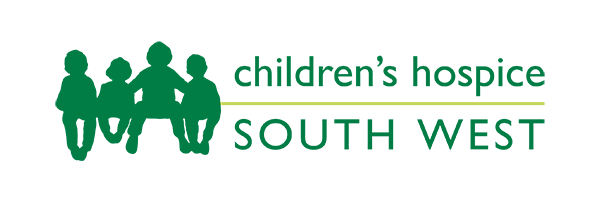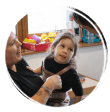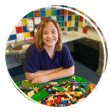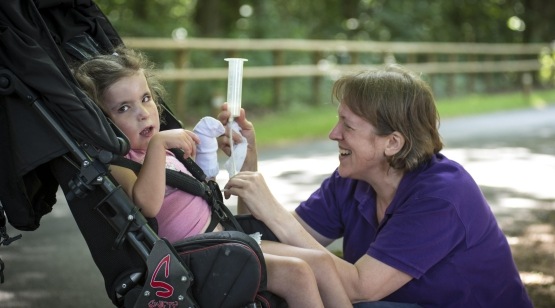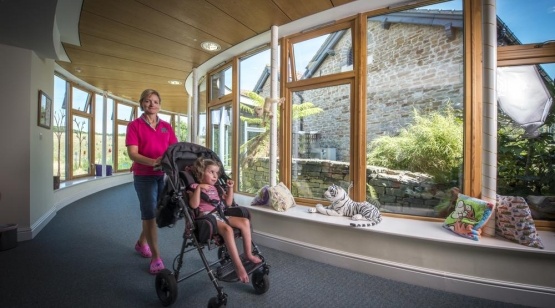Safeguarding babies, children and young people
Safeguarding and protecting babies, children, young people, young adults and visitors from harm is a very high priority for staff at our hospices and plays a large part in everything we do.
We take our safeguarding responsibilities very seriously and promote that it is everybody’s business to recognise those who may be vulnerable and need support or intervention.
Child protection is the process of protecting individual children identified as either suffering, or likely to suffer, significant harm as a result of abuse; physical, sexual abuse or emotional abuse or neglect.
We take our responsibility seriously and embrace the Essential Standards of Quality and Safety from the Care Quality Commission, and in doing so are committed to working in partnership with local agencies and authorities to ensure those who visit us or are admitted into our care are protected from harm.
Our hospices are registered with the Care Quality Commision who inspect each hospice against nationally agreed standards and produces an inspection report. This report is displayed at each hospice or a copy can be obtained from our Heads of Care.
Safeguarding Statement - babies, children, young people and families, including adults at risk
Children's Hospice South West (CHSW) is committed to safeguarding all the babies, children, young people and families we work with. It is the collaborative responsibility of the whole Hospice Team to ensure the protection of everyone’s safety and wellbeing and the prevention of abuse and neglect.
We recognise that:
- The welfare of babies, children, young people and families is paramount
- All people, regardless of age, ability, gender, racial heritage, religious belief, sexual orientation, or identity, have the right to equal protection from all types of harm or abuse
- Partnership working with children, young people, families, carers and other agencies is essential in the protection of safety and wellbeing.
We will seek to safeguard by:
- Valuing, listening to and respecting the voices of the babies, children, young people and families we work with
- Maintaining our policies and standard operational procedures
- In line with the Children Act 2004 and Working Together to Safeguard Children, CHSW will share information about concerns with agencies who need to know and involve children, young people and families, appropriately
- Providing effective training, supervision and support to CHSW staff and volunteers
- Ensure appropriate action is taken in the event of incidents/concerns of abuse and support provided to the individual/s who raise or disclose the concern
- Ensure that confidential, detailed and accurate records of all safeguarding concerns are maintained and securely stored and that learning from events is shared appropriately with wider teams
- Having Designated Safeguarding Leads who can provide CHSW staff and volunteers with guidance and advice and liaise with external organisations as appropriate/needed.
Responsibilities
All CHSW staff and volunteers have a responsibility for safeguarding the babies, children, young people and families we work with. Designated Safeguarding Leads are available for advice and support with safeguarding.
External staff or official visitors, including celebrities and VIPs, will not be allowed any contact with babies, children, young people, families or adults at risk visiting the hospices without the continued presence of a member of CHSW staff.
Recruiting the right people
- CHSW follows Safer Recruitment guidelines to ensure we have the right people working and volunteering with babies, children, young people and families
- Anyone working with, or volunteering for, CHSW will receive and have access to details of our Safeguarding Policy and Standard Operating Procedures. They will be responsible for adhering to these at all times.
What to do if you are concerned about a child
If you are concerned about the welfare of a child, please visit the South West Child Protection Procedures website for details of your local safeguarding team. If a child is in immediate danger, please dial 999 and ask for the police.
You can also contact Childline – 0800 1111 – and NSPCC – 0808 800 5000 for advice.
